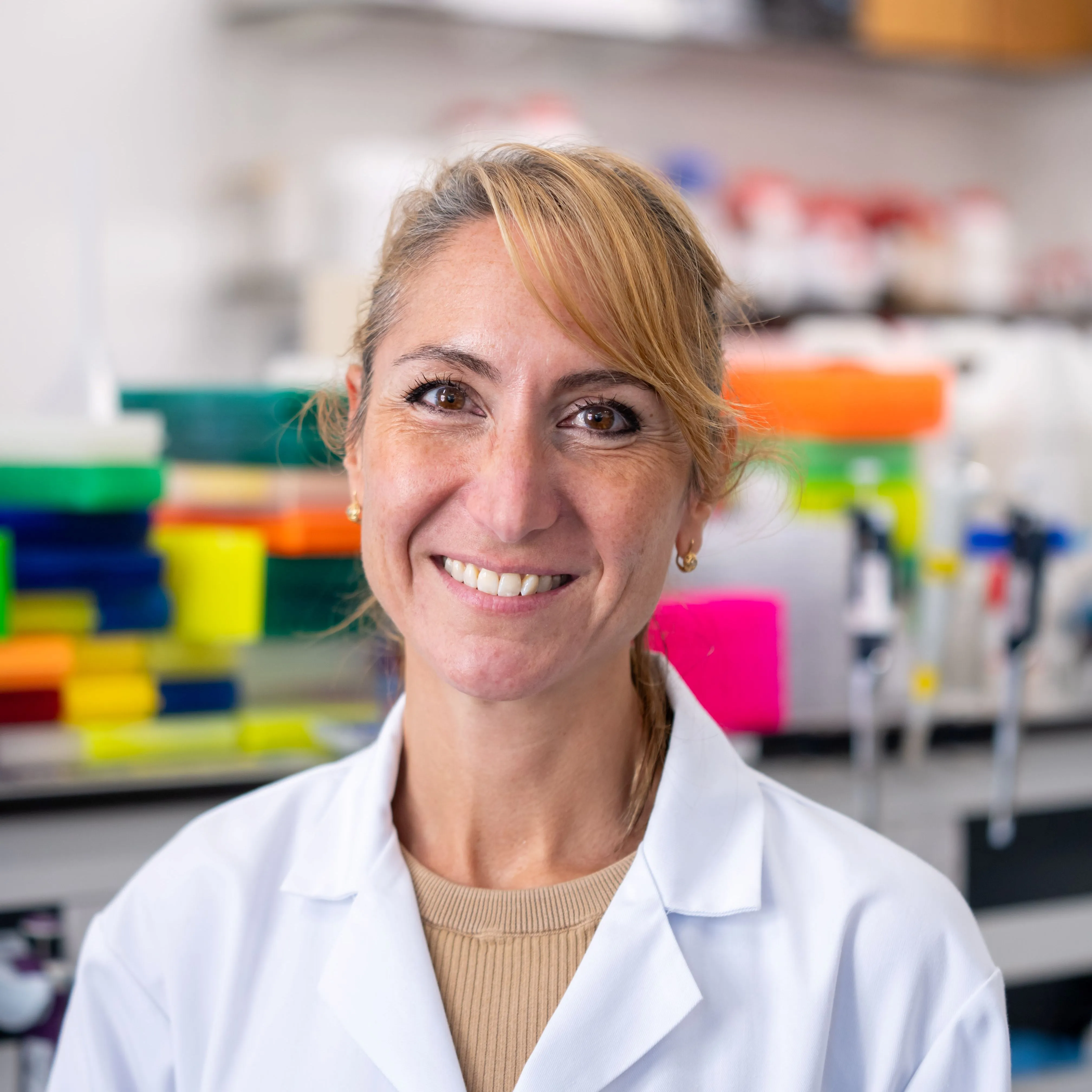
How is it possible that a woman is 50 per cent more likely to receive the wrong initial diagnosis for a heart attack than a man?
Or that men who report pain to a doctor tend to be prescribed pain medication, but women are more likely to be given sedatives or antidepressants?
The historically male-dominated medical profession has driven a male bias in health research and care.
Now a new network of experts at the University of Cambridge is trying to redress the balance.
“Research that wasn’t designed with women in mind has contributed to a healthcare system that doesn’t meet women’s needs,” said network leader Professor Amanda Sferruzzi-Perri, University Professor in Fetal and Placental Physiology in the Department of Physiology, Development and Neuroscience, and a Fellow of St John’s.
For centuries, many aspects of female biology were not discussed – and in some cultures this is still the case today. Women have been sidelined or excluded from research into health conditions and drug treatments, their fluctuating hormones thought to be too much of a complication to getting reliable results.
The result is an alarming lack of understanding of many women’s health conditions, the ways women experience illness and disease differently to men, and the differences in their response to treatments.
Professor Sferruzzi-Perri, who is College Lecturer in Physiology and Reproductive Biology, says the waves of hormonal changes that happen throughout a woman’s reproductive years, which don’t occur in men, affect the body’s immune system, metabolic system, and cardiovascular and respiratory systems.
“Puberty, pregnancy, breastfeeding and menopause can all permanently alter the female body and are associated with a range of female-specific health issues and benefits,” she said.
“This leads to different rates of certain conditions in men and women, as well as differences in how these conditions are experienced. We can’t simply generalise medical treatment across the sexes.”
Members of the network working to vastly improve understanding of women’s health are academics across University Departments, including in mental health, breastfeeding, and archaeology.
Read the full feature, ‘Putting women’s health in the spotlight’, on the University of Cambridge website.